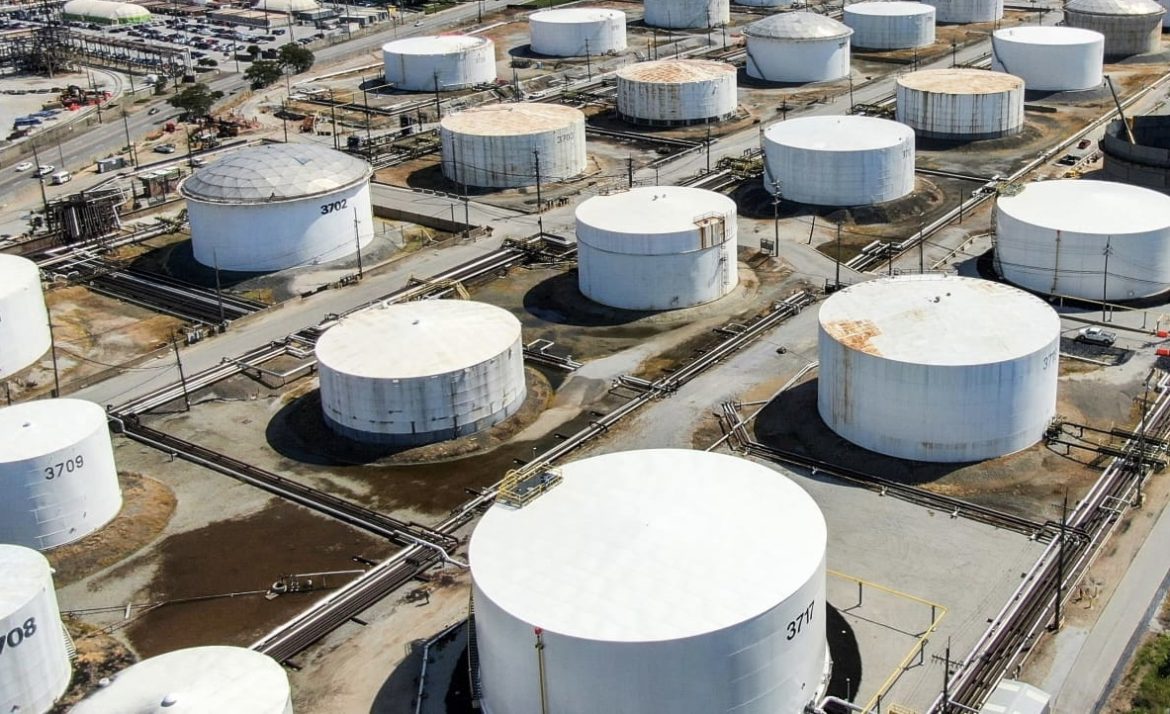KEY POINTS
- Oil prices recorded the biggest weekly gains in over a year amid rising Middle East conflict fears.
- President Biden advised against targeting Iranian oil infrastructure, capping price gains.
- Libya resolved its internal dispute, reopening oilfields and export terminals.
Oil prices surged on Friday, marking their biggest weekly gains in over a year amid rising fears of a wider conflict in the Middle East. The escalation comes after renewed hostilities involving Israel and Iran, though gains were capped as U.S. President Joe Biden urged caution.
Oil prices jump on middle east conflict fears
Brent crude futures rose by 43 cents, or 0.6 percent, closing at $78.05 per barrel, while U.S. West Texas Intermediate crude gained 67 cents, or 0.9 percent, to finish at $74.38 per barrel. Throughout the week, Brent saw an increase of over 8 percent, the largest since January 2023, while WTI gained 9.1 percent, its biggest weekly rise since March 2023.
The sharp increase followed escalating tensions after Israel vowed to retaliate against Iran for a missile attack earlier in the week, an action that followed the assassination of the leader of Iran-backed Hezbollah. According to Reuters, Biden, however, discouraged Israel from targeting Iranian oil facilities, emphasizing the need for alternative responses.
Supply concerns and the global impact
Analysts caution that the current conflict could keep oil prices elevated until there is a resolution. JPMorgan commodities analysts noted that global oil inventories remain at low levels, currently at 4.4 billion barrels, the lowest on record, suggesting prices could stay high until geopolitical tensions ease.
Additionally, brokerage firm StoneX projected that prices could rise by $3 to $5 per barrel if Iranian oil infrastructure were targeted.
Despite the escalating conflict, Iran’s Supreme Leader Ayatollah Ali Khamenei publicly called for more efforts against Israel, while Revolutionary Guards deputy commander Ali Fadavi warned that Iran would target Israeli energy installations in the event of an attack on its oil facilities. Iran, a key OPEC+ member, produces around 3.2 million barrels per day, accounting for 3 percent of global output.
Analysts believe that OPEC+ spare capacity could partially offset any disruption in Iranian oil supply, limiting the impact on prices.
Other supply dynamics
Libya has also somewhat alleviated supply fears.
Both the eastern and Tripoli-based governments announced on Thursday that oilfields and export terminals were reopening after resolving a dispute over the leadership of the central bank. This development could help to stabilize global oil markets.
Additionally, Japan’s JERA and Korea Gas Corporation (KOGAS) are exploring opportunities for LNG joint procurement and cargo swaps to enhance energy security amid heightened market volatility.



